Steady population growth and inadequate production of pulses have created pressure on the protein availability to the masses, and it is now threatening their nutritional security. Among pulses, pigeonpea [Cajanus cajan (L.) Millspaugh] is considered a significant crop of subsistence agriculture. The rainfed farmers have realized its worth as it is tolerant to various biotic and abiotic stresses, improves soil properties, provides flexibility in cropping patterns, and production of tasty protein-filled grains.
Since the present global availability of pigeonpea is inadequate, more production is warranted to meet market demand. However, it is believed that any increase in its area in the near future is not on the cards and, therefore, the onus rests on increasing the unit productivity of this pulse. This would be possible only through proactive high-quality research in the fields of plant breeding, agronomy, and crop protection. The high intensity efforts to achieve the goal of increasing yield in the last 5-6 decades have resulted in the release of over 100 pigeonpea cultivars. Unfortunately, these fell short of expectations, and the productivity remained plateaued at around half a ton per hectare. Under this scenario, breeding of new high-yielding cultivars using new technologies should be our summit activity.
The recent success in breeding cytoplasmic nuclear male sterility (CMS) system in pigeonpea brought tonnes of hope for a possible breakthrough in yield through hybrid breeding, as has been witnessed in various food crops. Over the recent past considerable research has been conducted which led to the breeding of high yielding hybrid cultivars with 30-50% on farm yield advantages. During decades-long period of research and development of the hybrid technology, several research papers were published on various aspects of this technology; and this process will continue in future as well. At present these initial and historical publications are scattered over a range of journals, published and unpublished reports, book chapters, and monographs; and some of them may not be accessible in future. The authors, therefore, have attempted to bring together all the possible information available till date in a single volume along with their summary. We sincerely hope that our effort will be useful for the present and the next generation pigeonpea scientists and students in planning and executing hybrid pigeonpea research and development projects.
All Fellow Researchers – have a fruitful reading.

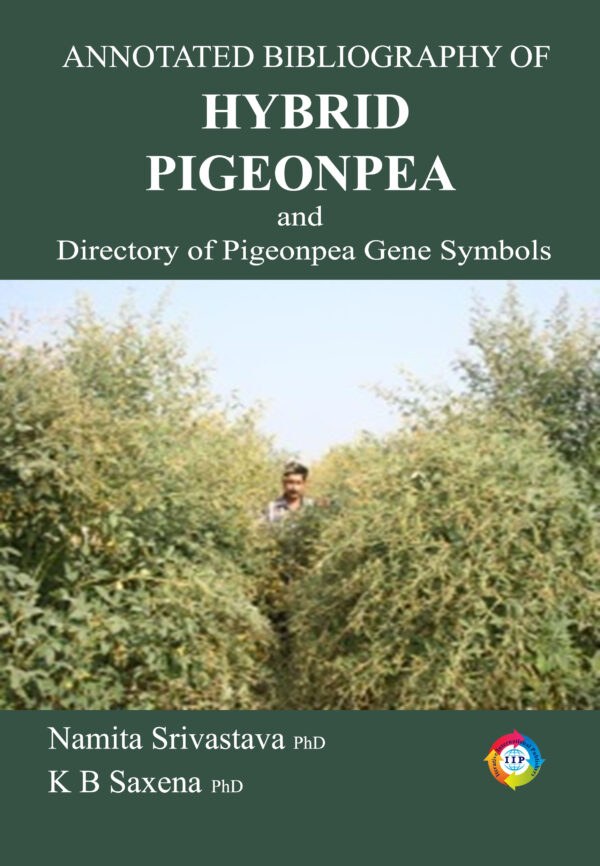
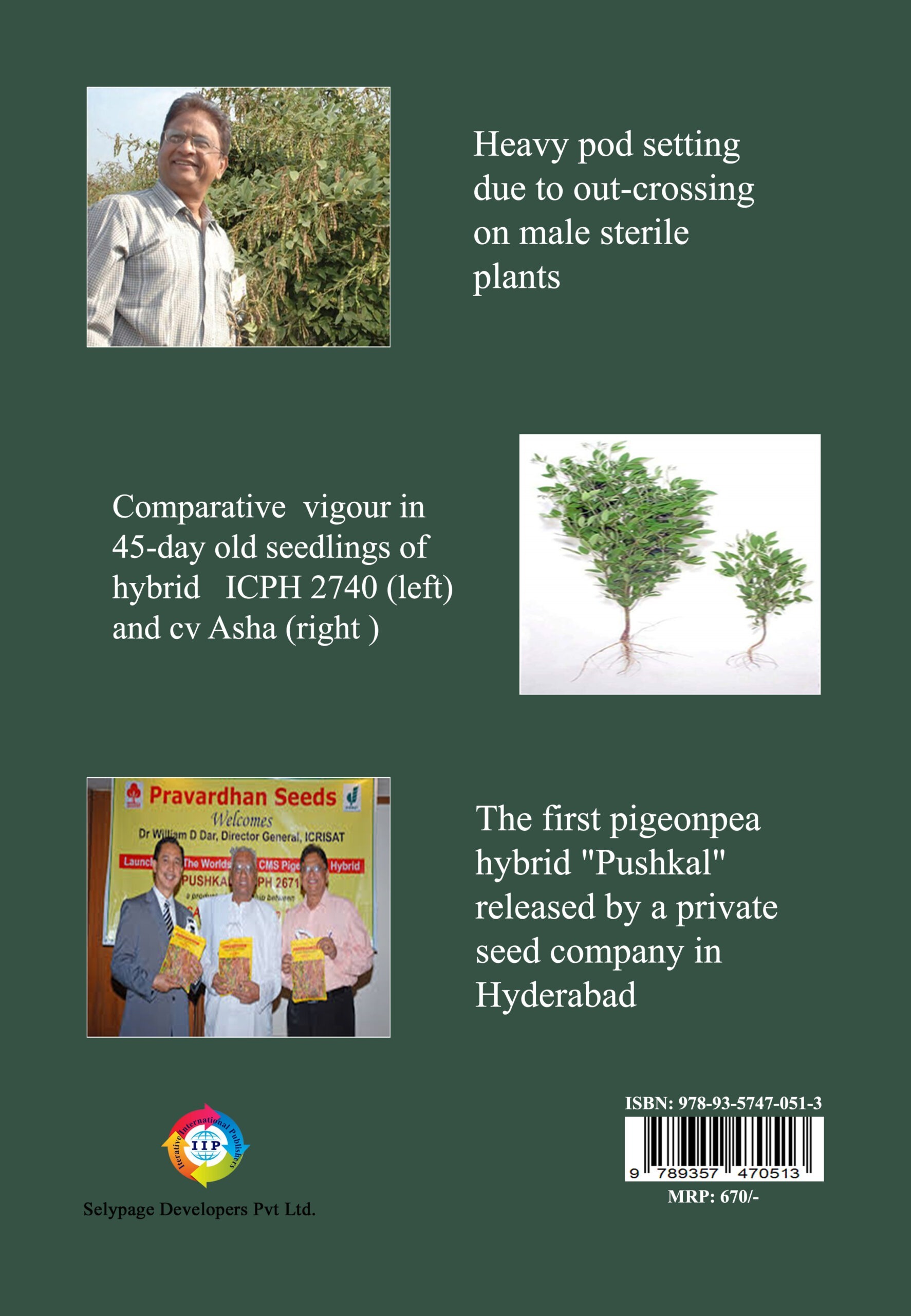
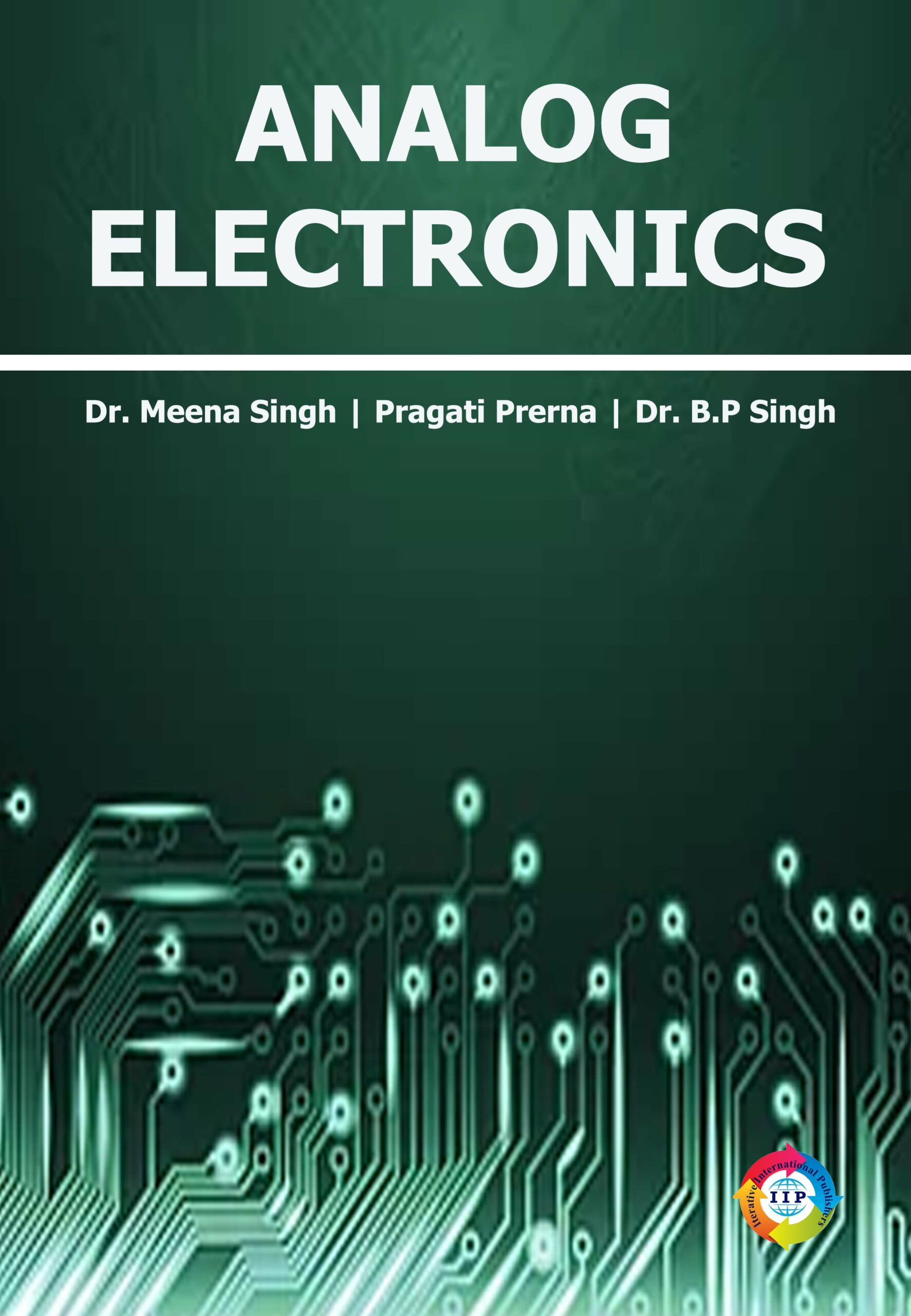

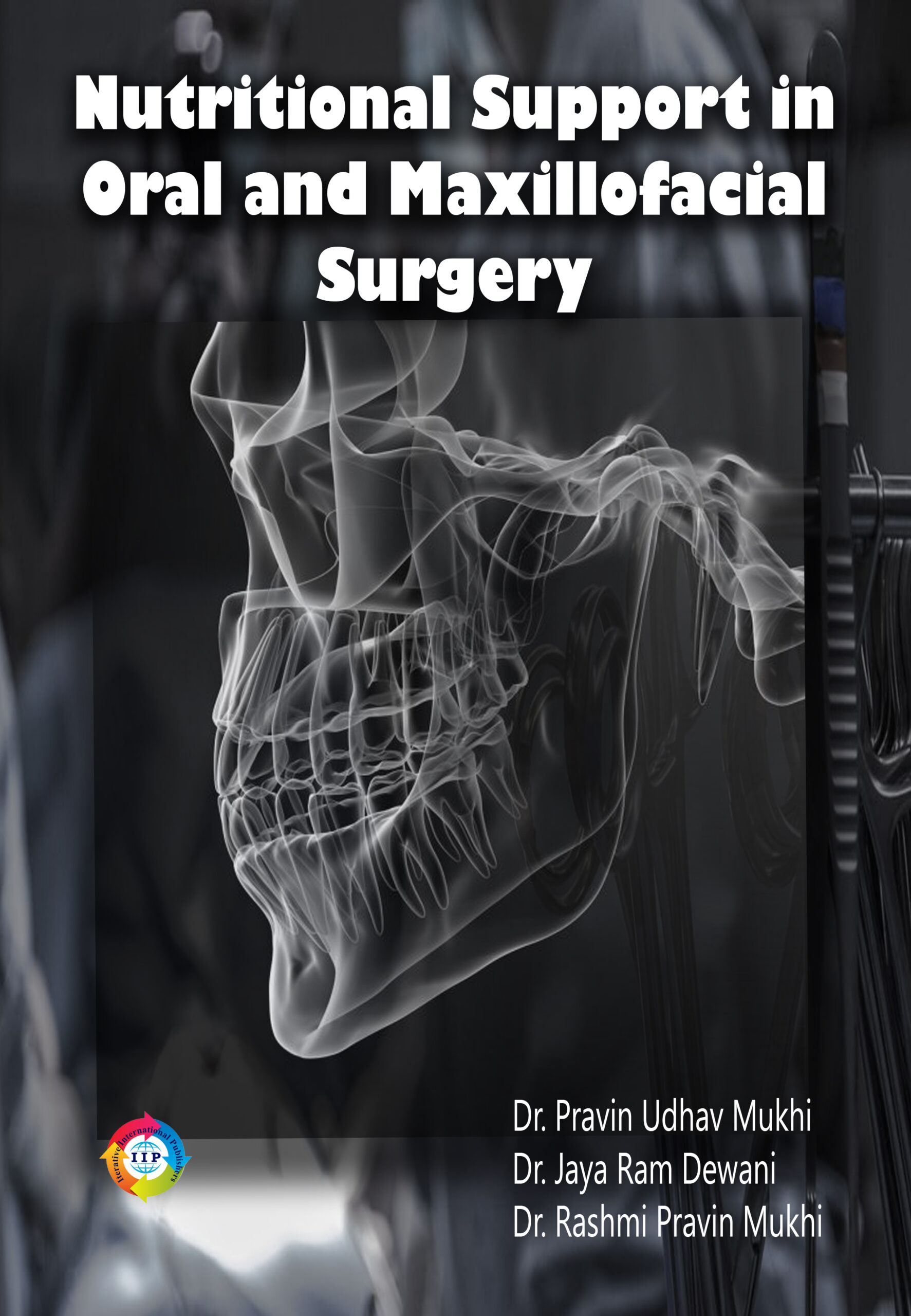
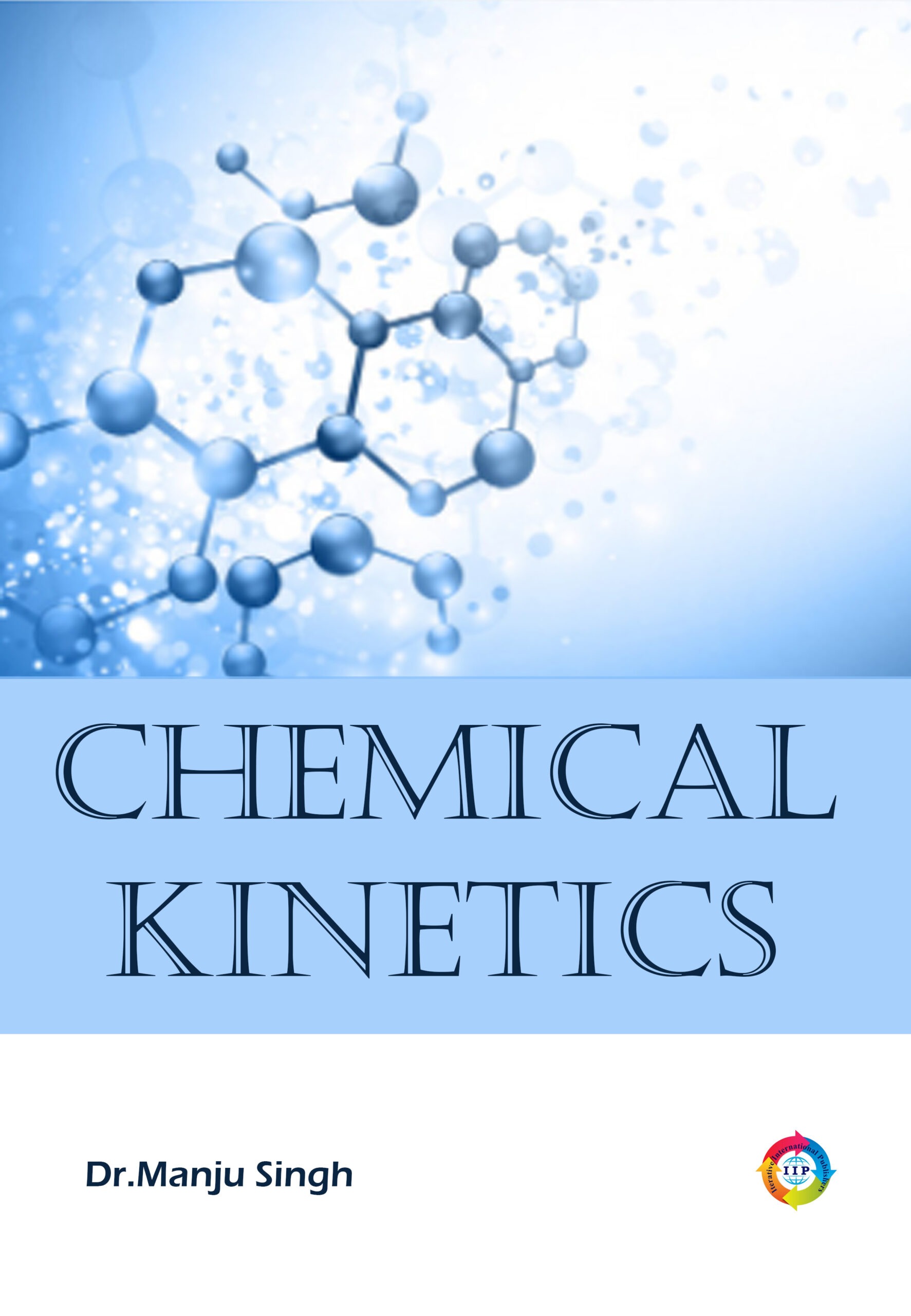

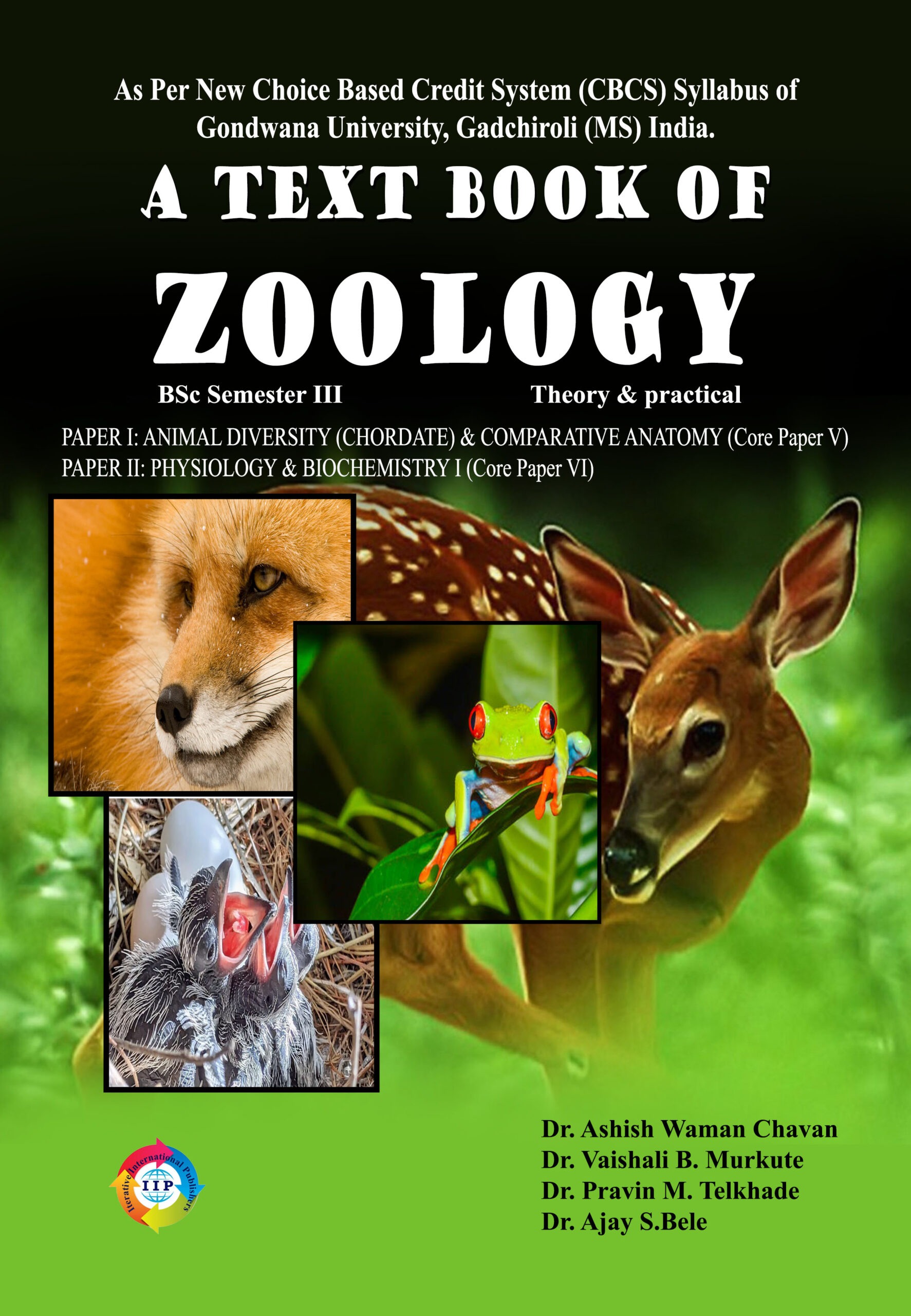
Reviews
There are no reviews yet.